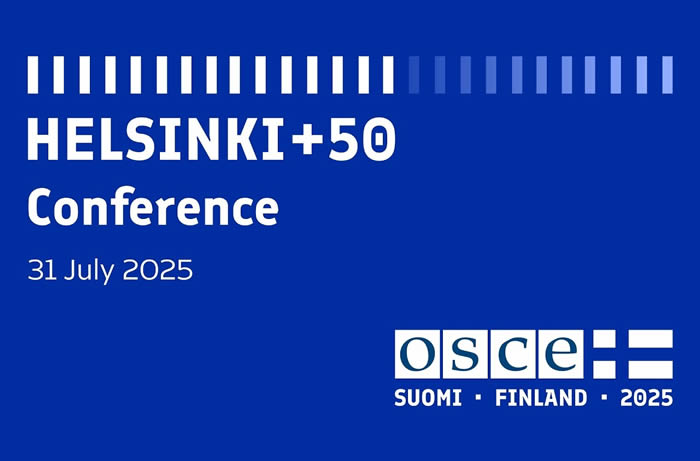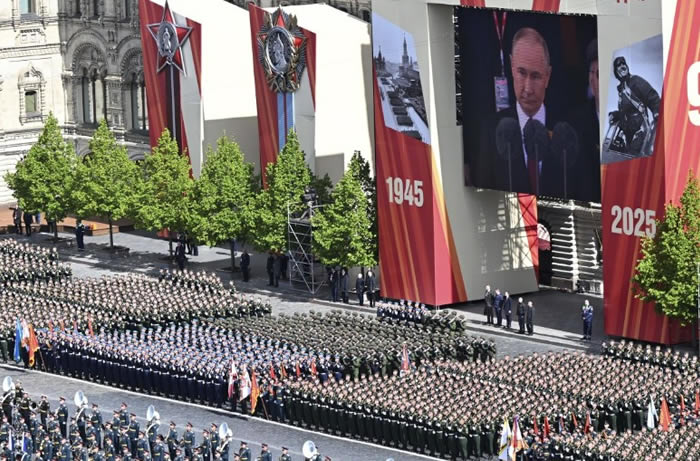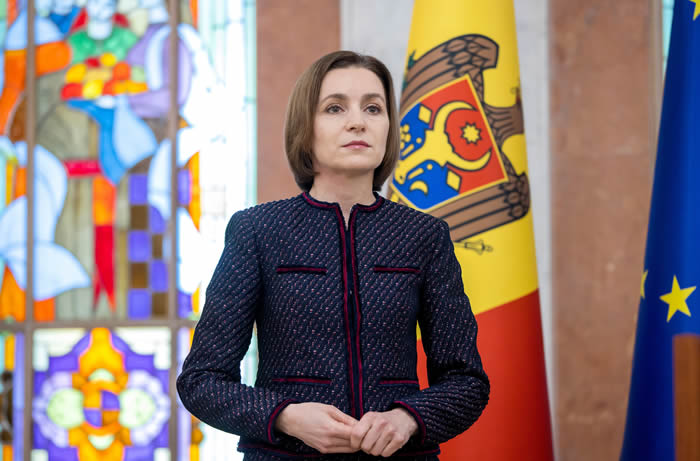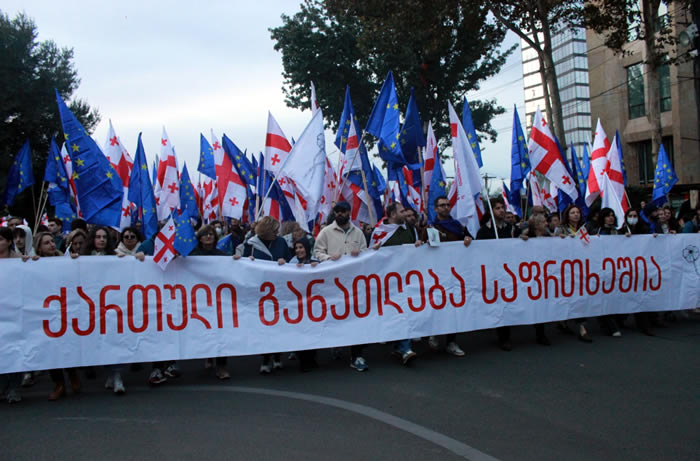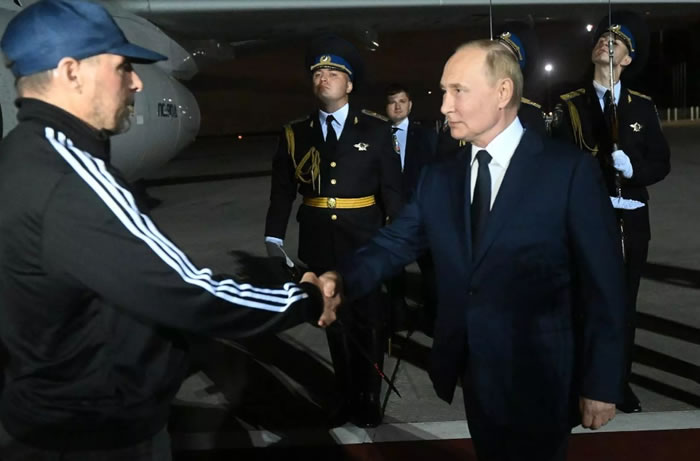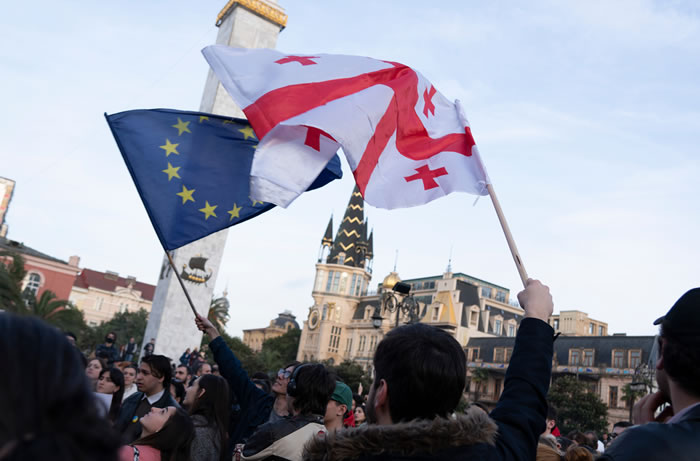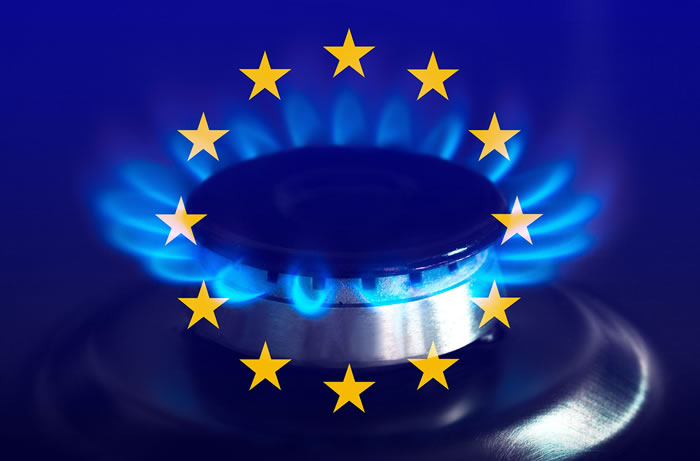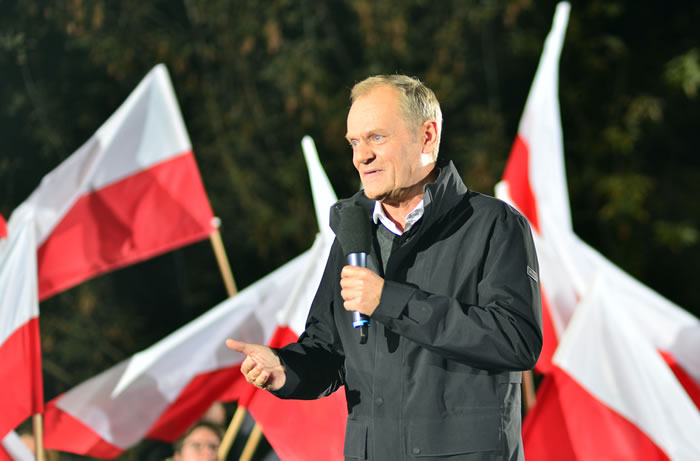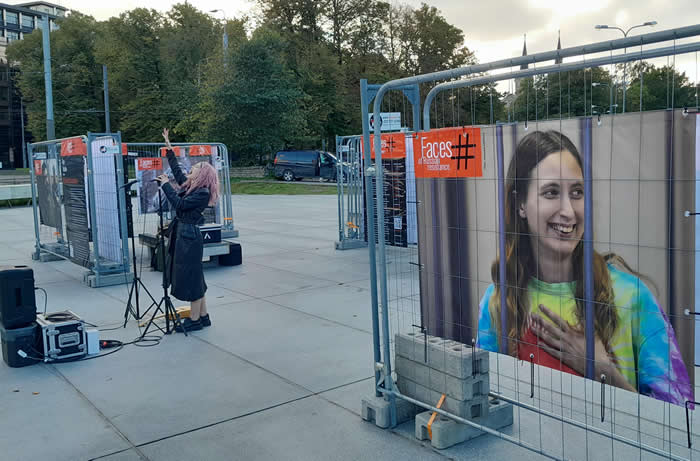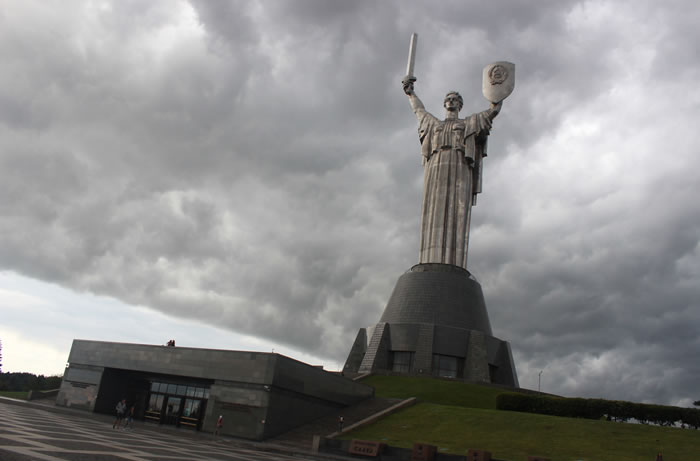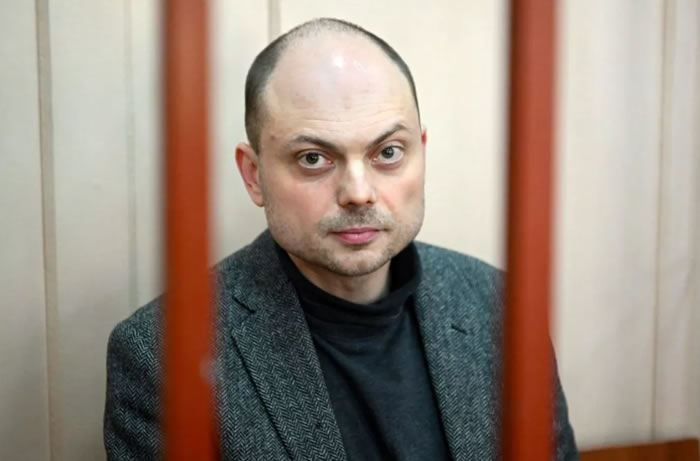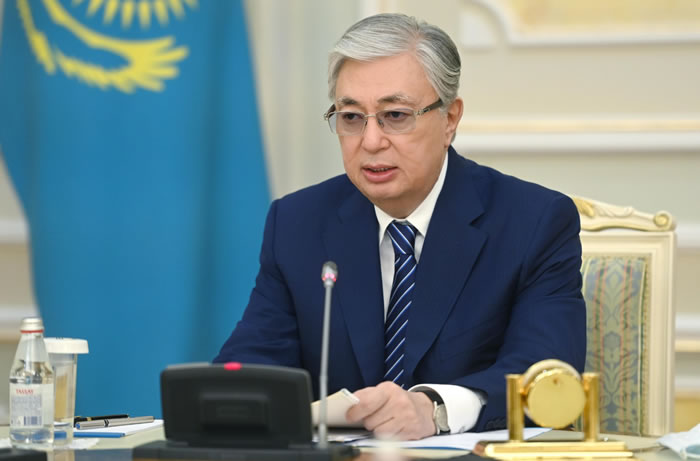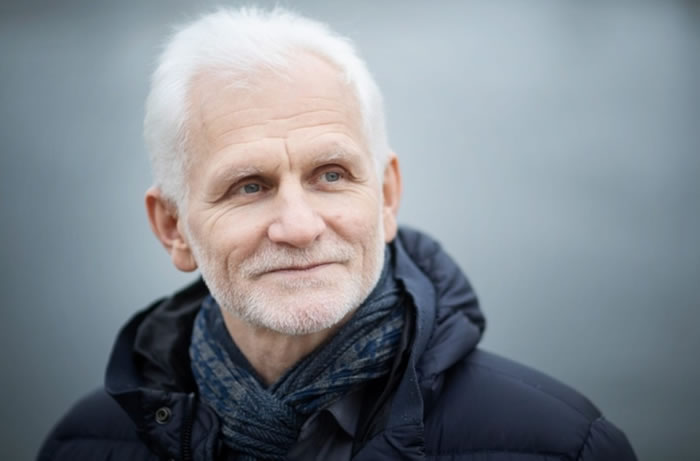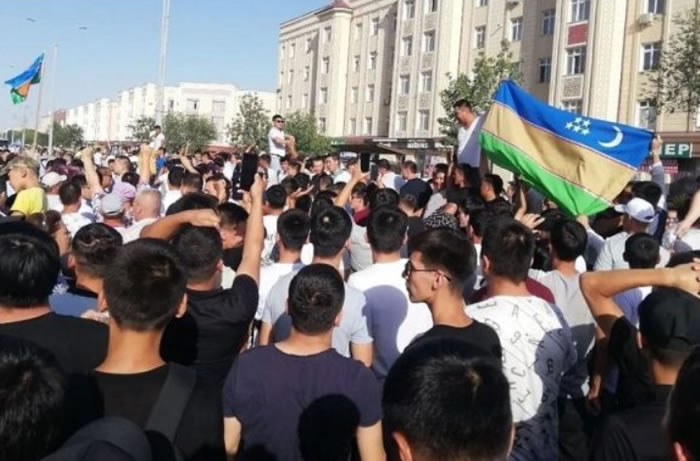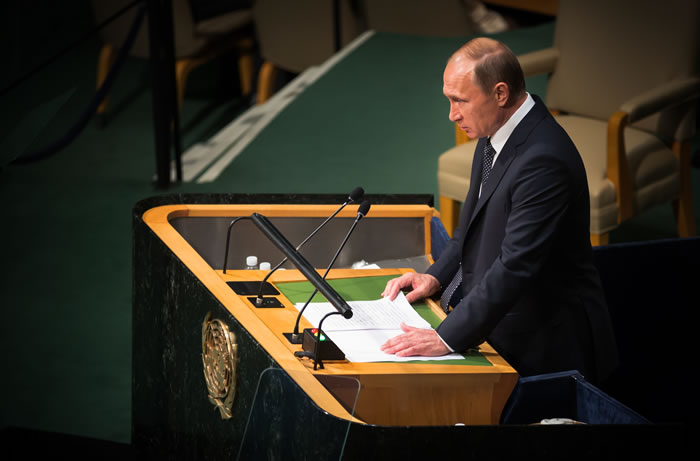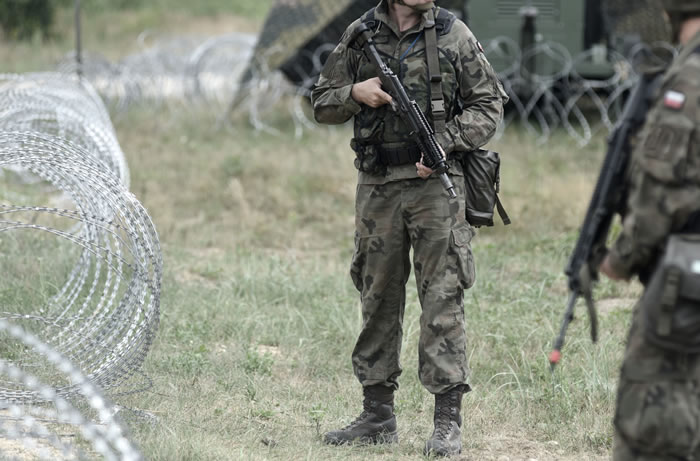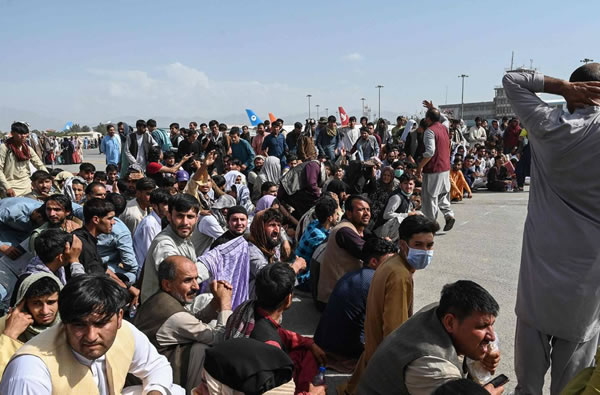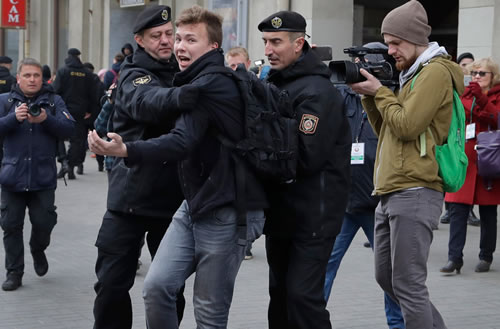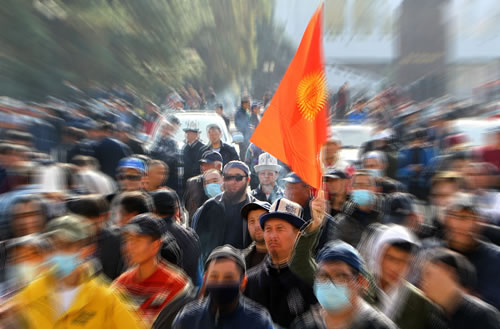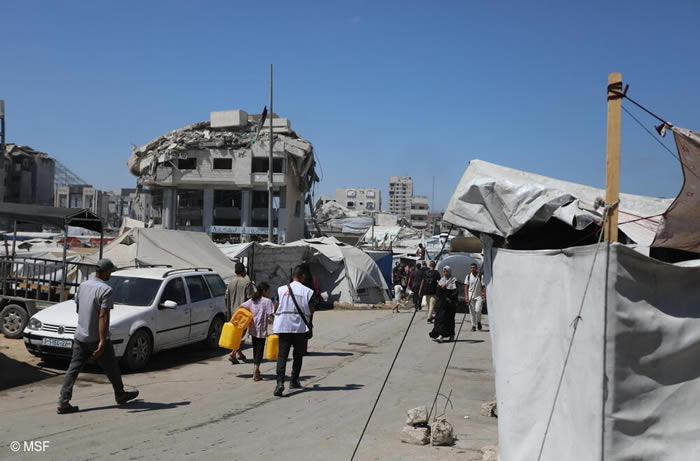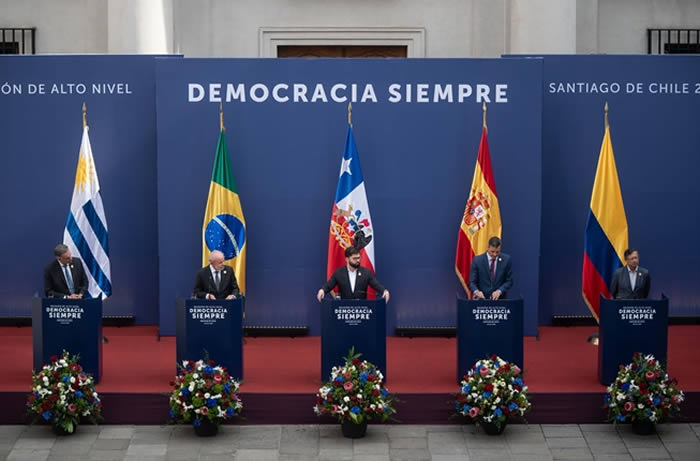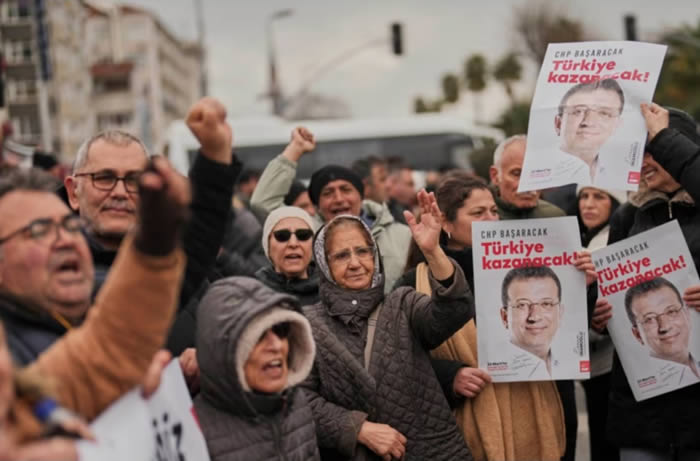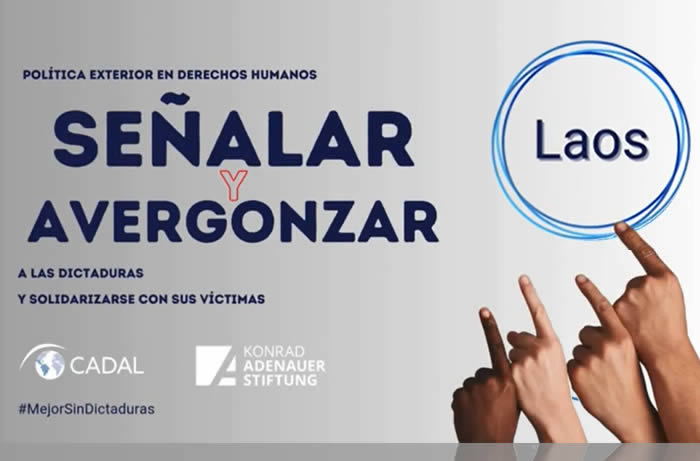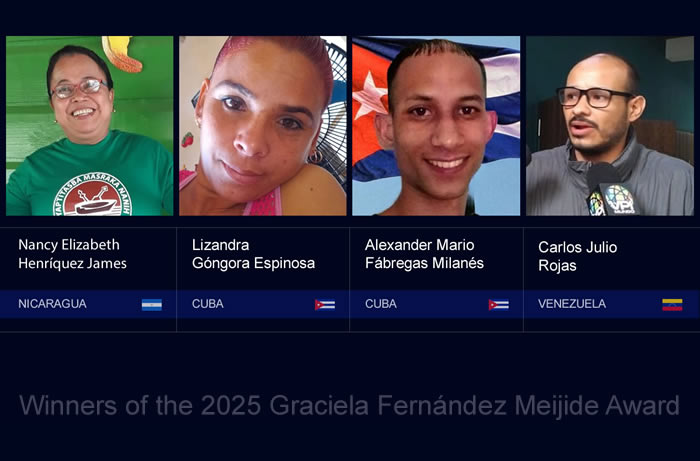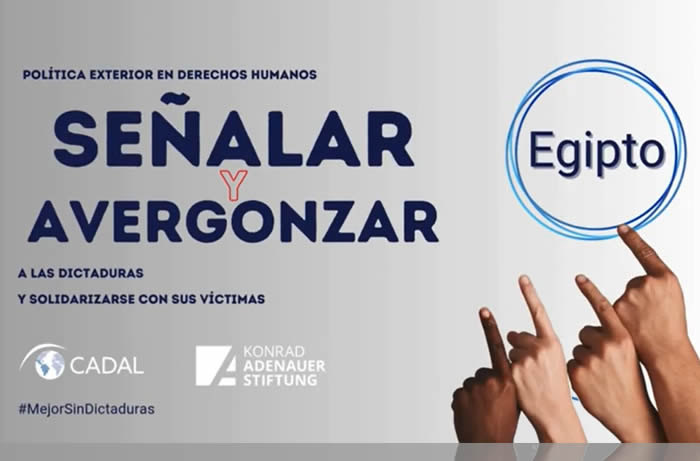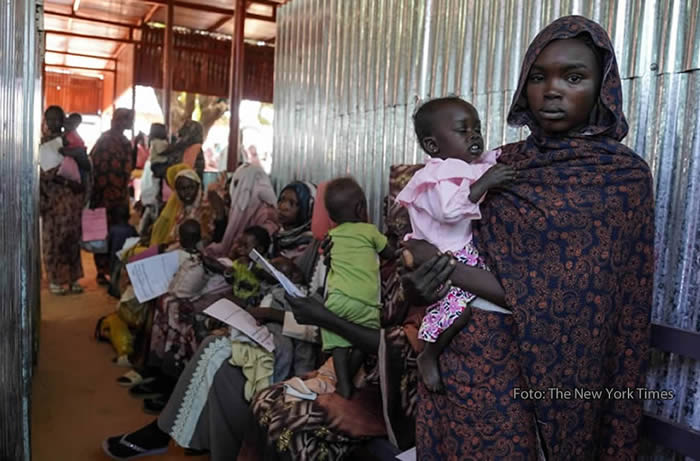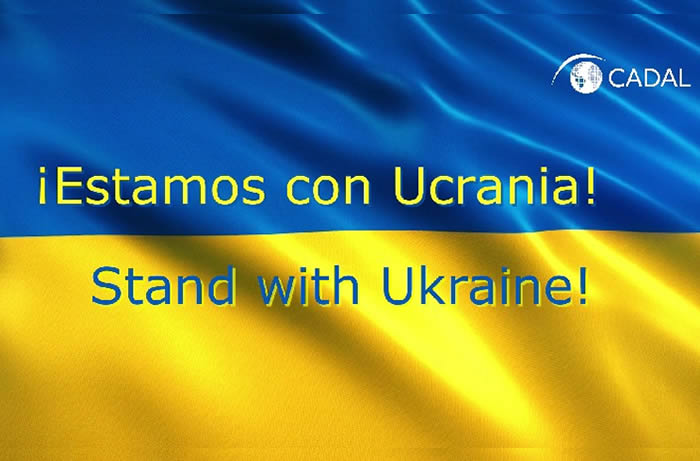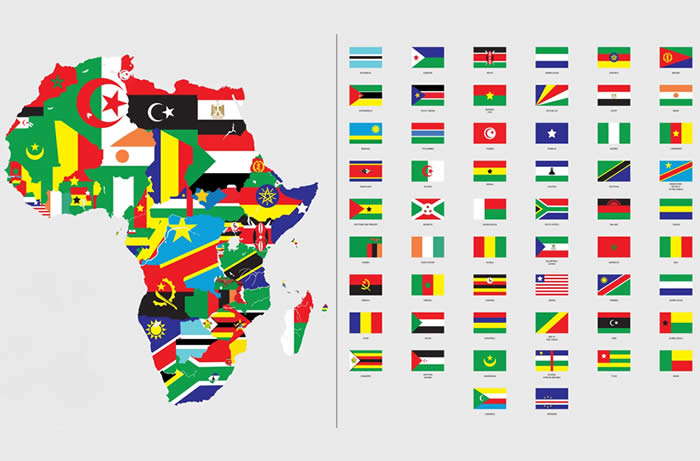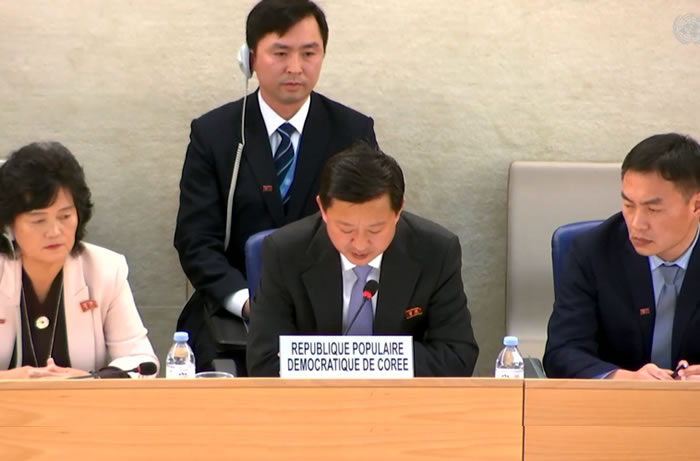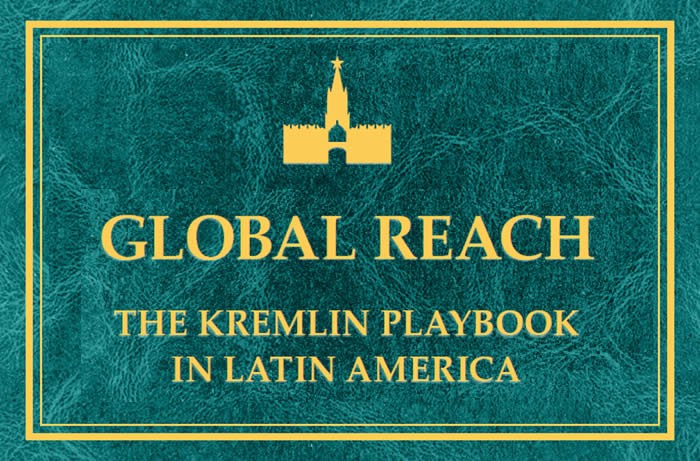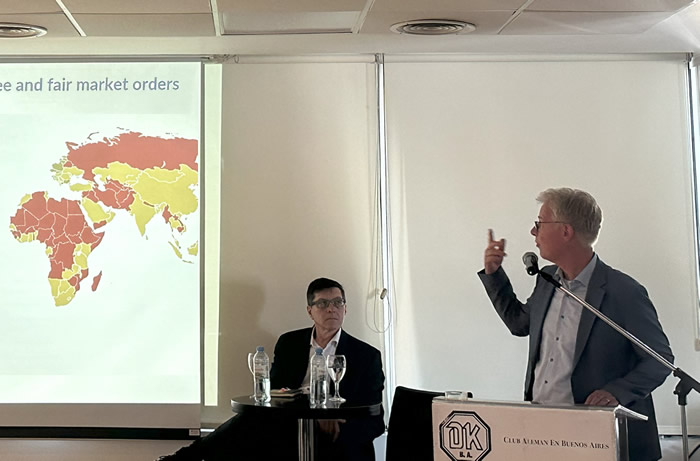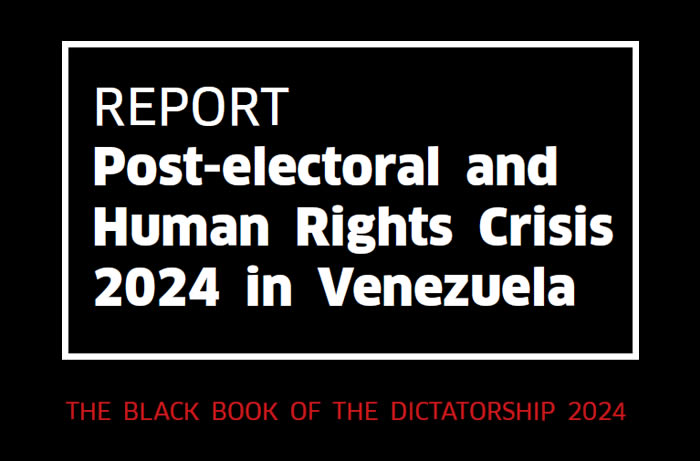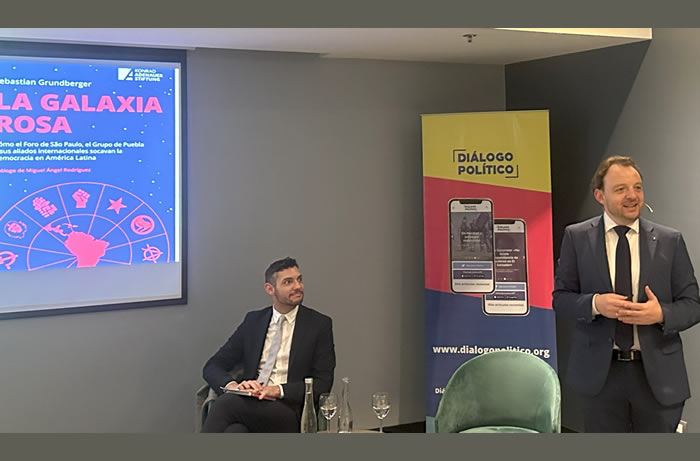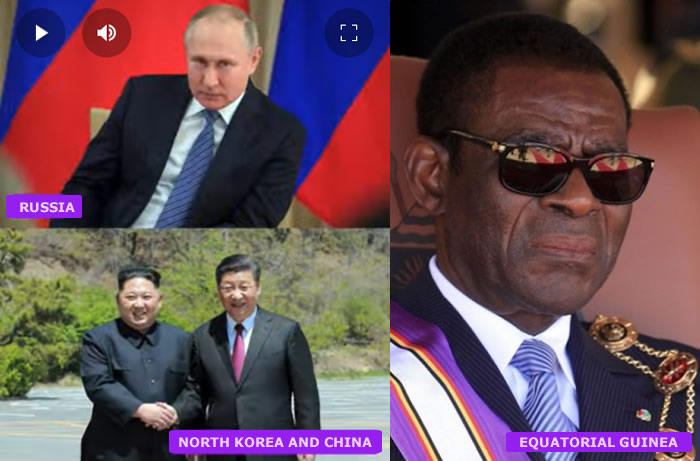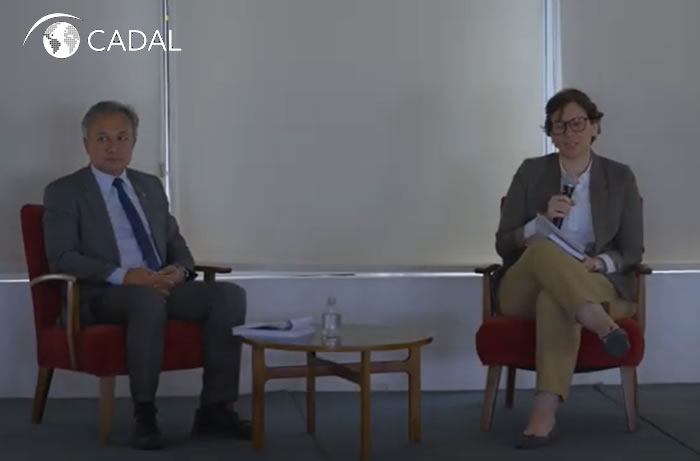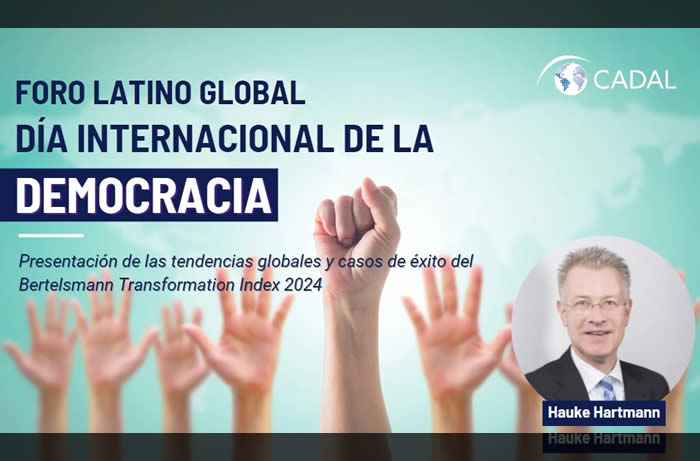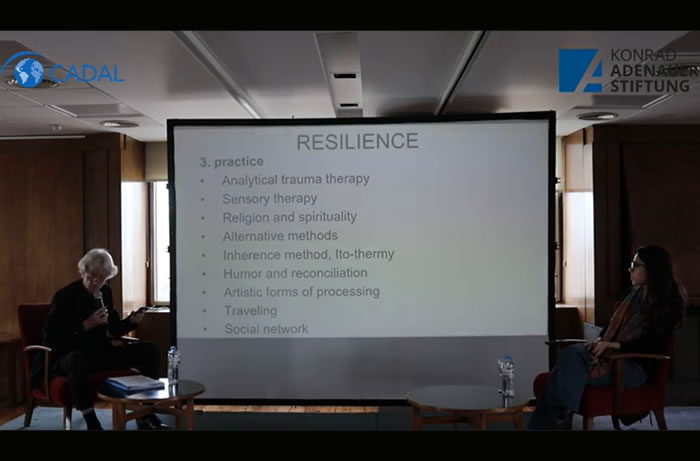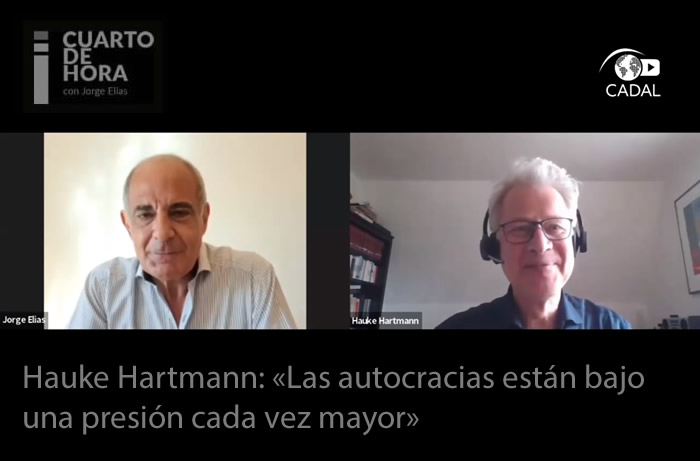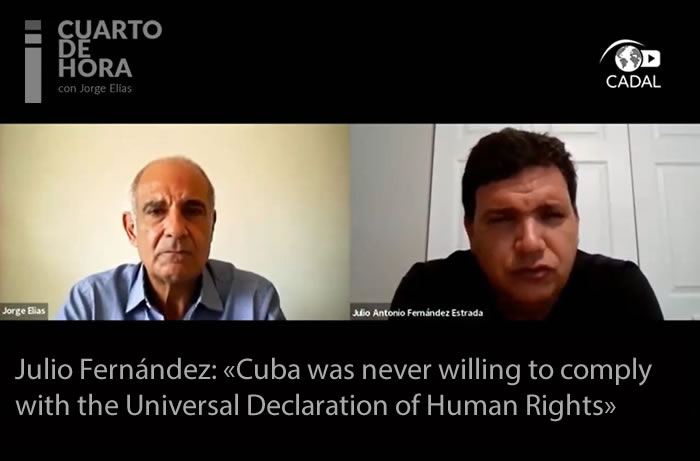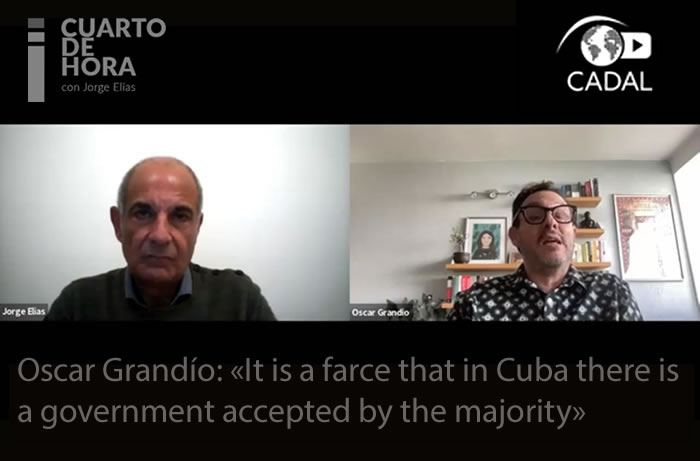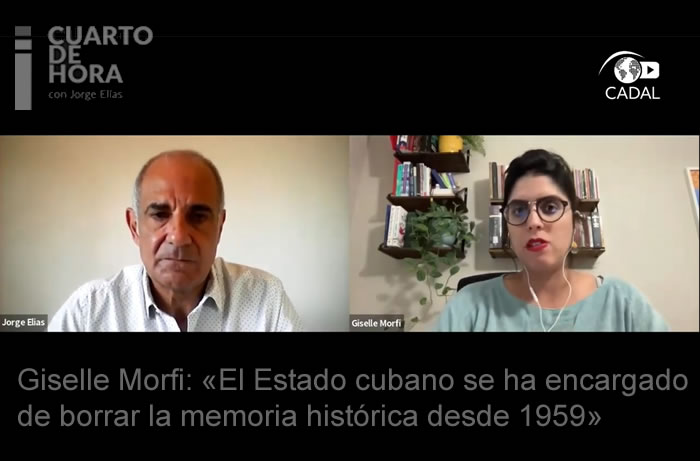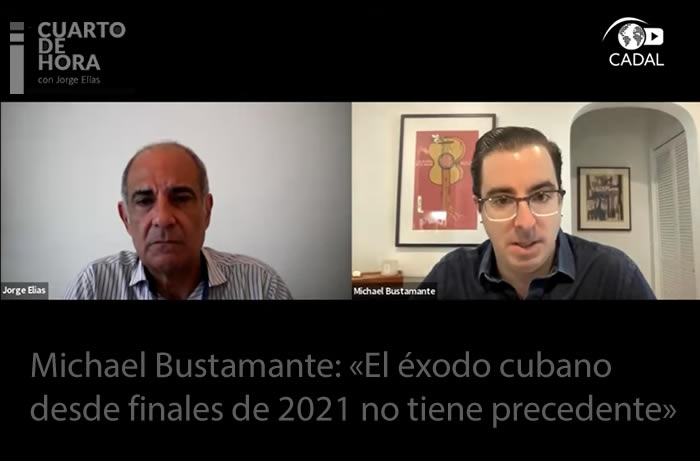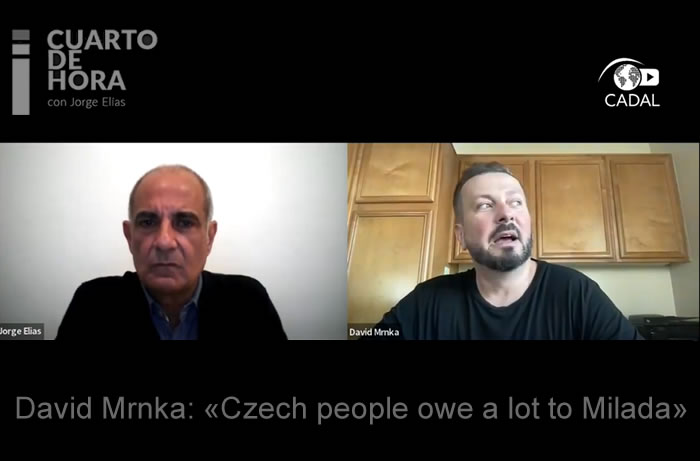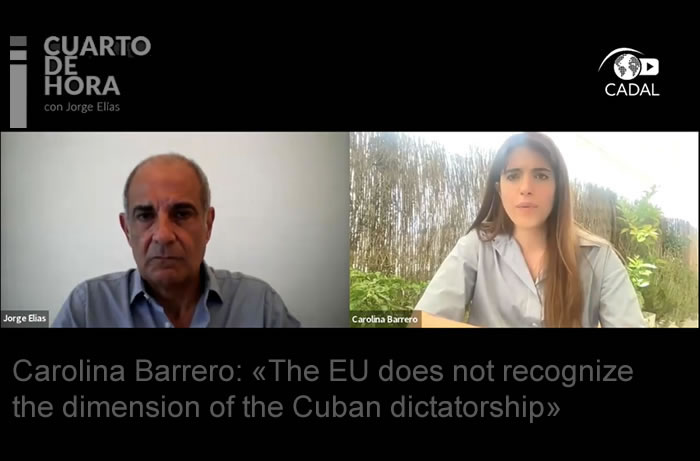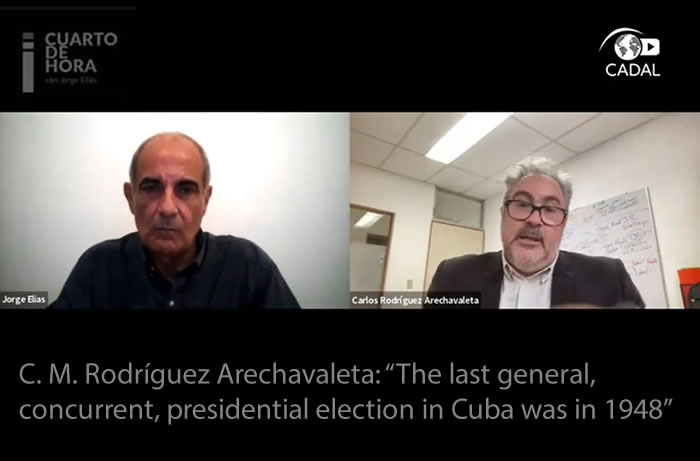Articles
International Relations and Human Rights Observatory
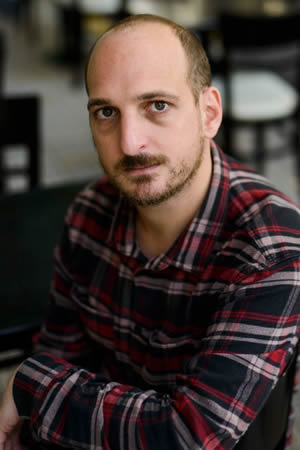 01-02-2025
01-02-2025Challenges to Democracy and Human Rights in Eastern Europe and Eurasia by 2025
Critical Situations with No Changes in Sight. Potential for Change. Where Things Could Get Worse. Countries to Be Optimistic About.
By Ignacio E. Hutin
In general, the outlook is not positive in a region traditionally torn between closer ties to the European Union or Russia, especially after Moscow’s large-scale invasion of Ukraine in February 2022. While there are exceptions, the situation remains complex, and the challenges are significant.
Critical Situations with No Changes in Sight
The consolidation and strengthening of increasingly authoritarian regimes is not a new phenomenon, but it has been amplified by the war in Ukraine. In Russia, troop mobilization and constant threats have been used to impose stricter repression and to ensure Vladimir Putin’s official reelection with nearly 90% of the vote last March. In Belarus, the country most closely integrated with Moscow in terms of international organizations and trade, Aleksandr Lukashenko—who has been in power for three decades—will face his seventh election in 2025, overshadowed by the memory of the 2020 protests, which were brutally suppressed, resulting in 17 deaths.
Ilham Aliyev, the unquestioned president of Azerbaijan since his father’s death in 2003, officially secured 92% of the vote in February. Thanks to the country’s vast hydrocarbon resources, he now enjoys tacit support from the European Union. Similarly, Emomali Rahmon, who has ruled Tajikistan since 1992, faces no significant threat in next year’s parliamentary elections, as his People’s Democratic Party controls 75% of the National Assembly, with the remaining seats held by allies.
In Kazakhstan, Uzbekistan, Kyrgyzstan, and Turkmenistan, the trend toward consolidation also dominates, albeit with some nuances. The most authoritarian and repressive regimes in the region are strengthened by closer ties with China, pragmatic relations with Moscow, and even some degree of support from the West. There is virtually no sign of change, and certainly nothing positive.
Potential for Change
A second group of countries, while not as repressive, remains worrisome, although there are possibilities for change in the coming months.
In Albania, Edi Rama’s Socialist Party will soon mark 12 years in power, a tenure characterized by fluctuating democratic standards. Recently, two former presidents and prominent opposition leaders—Sali Berisha of the Democratic Party and Ilir Meta of the Freedom Party—were arrested. Support for Rama has declined, and the 2025 elections could either signal a change in direction or consolidate the rule of an increasingly dominant leader.
In neighboring Serbia, Moscow’s main ally in the Balkans, Aleksandar Vučić’s Progressive Party remains firmly in control after 12 years of consistent victories in parliamentary, presidential, and local elections. However, recent protests erupted following the deaths of 15 people in a train station roof collapse, with demonstrators blaming government corruption. These protests, like previous demonstrations against Vučić’s party, have added to public grievances. The government may respond by tightening its grip or offering limited concessions.
In Georgia, a similar situation has unfolded since last October’s elections. The opposition alleged electoral fraud, the European Parliament rejected the results, and the ruling party postponed EU membership negotiations. Daily protests across the country have been met with violent repression. The outcome depends on the persistence of demonstrators, international support, and the actions of opposition parties. The current trajectory could either lead to a more authoritarian shift by a government that has drawn closer to Moscow or pave the way for a pro-democracy movement.
Where Things Could Get Worse
Bulgaria is going through a period of deep political instability, having held seven elections between 2021 and 2024. In nearly all of them, GERB, the party of three-time former Prime Minister Boyko Borisov, came in first. GERB has been criticized by the EU for high levels of corruption, attacks on the rule of law, and a lack of judicial independence, as well as for its ambiguous stance in relation to Moscow and the European Union. In neighboring Romania, the climate of uncertainty is similar after the failed presidential elections in November. The country’s two main parties, the Social Democrats and the Liberals, were excluded from the second round, with the far-right, pro-Russian candidate Călin Georgescu, officially an independent, securing the highest number of votes. The Constitutional Court annulled the results due to undeclared contributions and Russian interference in the electoral process via social media. Another vote will take place between March and April. This unprecedented decision could fuel already extreme positions.
The attacks by Hungarian Prime Minister Viktor Orbán’s government on the rule of law and democratic institutions, as well as its promotion of discrimination against ethnic and sexual minorities, are nothing new. However, these actions now have more international backing, including figures such as US President-elect Donald Trump and Slovak Prime Minister Robert Fico. Under Fico, who took office in 2023, the state is promoting a vision centered on national pride and religious values, a pattern similar to Orbán’s, aimed at suppressing political pluralism and minority rights. Both Orbán and Fico have shown some support for Moscow in the context of the invasion of Ukraine.
Nationalist rhetoric that threatens (or could threaten) minorities is also present in North Macedonia. In 2024, the nationalist Internal Macedonian Revolutionary Organization (VMRO) returned to power after 7 years. During its previous tenure, the party opposed EU integration and promoted policies against the Albanian minority, the country’s largest. High levels of corruption led to the flight of Nikola Gruevski, Prime Minister from 2006 to 2016, who sought refuge in Hungary. The largest Albanian party, traditionally the third political force in the country, was excluded from power after having been part of the governing coalition for 21 of the last 23 years. If VMRO reintroduces its known xenophobic agenda, interethnic tensions could resurface in a country that saw a war between ethnic Macedonians and Albanians in 2001, with sporadic clashes until 2015.
In the partially recognized Republic of Kosovo, the nationalist Self-determination Movement (LVV) is likely to retain power in the 2025 elections. Four years ago, it outpaced the opposition by more than 30 points, and its popular support remains high. Prime Minister Albin Kurti has taken a hardline stance against the Serbs in the northern part of the territory, who do not recognize Kosovo’s independence, but he has also concentrated power in an increasingly polarized political climate. There have recently been restrictions on the press (intimidation and attacks on journalists), a lack of judicial independence, and high levels of corruption. This could be exacerbated if LVV receives a strong electoral mandate in 2025.
While human rights violations and the numerous war crimes committed by Russian forces in Ukraine dominate the agenda in Ukraine, the country’s internal situation also deserves attention. In 2024, President Volodymyr Zelensky’s term ended, but elections have been suspended for the duration of the war. This is part of the state of emergency that centralizes power in the president’s hands, limiting political checks and balances and civil rights. The freedom of expression for political figures opposing Zelensky has been restricted, and press freedom has been curtailed. Moreover, corruption, already a concern before 2022, remains a serious problem. In this context, Ukraine’s democratic backsliding could undermine the country’s cohesion during wartime.
Countries to Be Optimistic About
Under the Law and Justice Party (PiS), which has been in power since 2015, Poland’s democratic standards had sharply declined, characterized by xenophobic rhetoric, extensive control over the media and judiciary, and numerous clashes with the European Union. However, PiS lost power in 2023, and Donald Tusk, who had served as Prime Minister between 2007 and 2014 and was President of the European Council from 2014 to 2019, took office again. In 2025, presidential elections will take place, and according to all polls, PiS is expected to lose its final formal bastion.
In Moldova, President Maia Sandu was reelected in 2024, and a referendum approved a motion to incorporate EU membership into the constitution. Over the past four years, the government has made significant progress in improving democratic quality and fighting corruption. Now, as a formal candidate for EU membership, Sandu will face a long-delayed judicial reform with Brussels’ support. The situation remains complex in Europe’s poorest country, and attention must be paid to Transnistria, a region the central government has not controlled since the early 1990s, where at least 1,500 Russian soldiers are stationed, and the autonomous region of Gagauzia, which is politically close to Moscow. Parliamentary elections will take place in 2025, and Sandu’s party is likely to secure a wide victory.
Finally, Armenian Prime Minister Nikol Pashinyan came to power in 2018 following protests against an undemocratic government. Two years later, defeat in the war against Azerbaijan seemed to mark the end of his reforms, but Pashinyan was reelected in snap elections. Now consolidated, he has distanced himself from Moscow and promoted a notably more open agenda, especially when compared to his neighbors Azerbaijan, Iran, Turkey, and Georgia. The challenges are great in a fragile country with limited resources, but there is room for optimism.
 Ignacio E. HutinAdvisory CouncelorMaster in International Relations (University of Salvador, 2021), Graduate in Journalism (University of Salvador, 2014), specialized in Leadership in Humanitarian Emergencies (National Defense University, 2019) and studied photography (ARGRA, 2009). He is a focused in Eastern Europe, post-Soviet Eurasia and the Balkans. He received a scholarship from the Finnish State to carry out studies related to the Arctic at the University of Lapland (2012). He is the author of the books Saturn (2009), Deconstruction: Chronicles and Reflections from Post-Communist Eastern Europe (2018), Ukraine/Donbass: A Renewed Cold War (2021), and Ukraine: Chronicle from the Frontlines (2021).
Ignacio E. HutinAdvisory CouncelorMaster in International Relations (University of Salvador, 2021), Graduate in Journalism (University of Salvador, 2014), specialized in Leadership in Humanitarian Emergencies (National Defense University, 2019) and studied photography (ARGRA, 2009). He is a focused in Eastern Europe, post-Soviet Eurasia and the Balkans. He received a scholarship from the Finnish State to carry out studies related to the Arctic at the University of Lapland (2012). He is the author of the books Saturn (2009), Deconstruction: Chronicles and Reflections from Post-Communist Eastern Europe (2018), Ukraine/Donbass: A Renewed Cold War (2021), and Ukraine: Chronicle from the Frontlines (2021).
In general, the outlook is not positive in a region traditionally torn between closer ties to the European Union or Russia, especially after Moscow’s large-scale invasion of Ukraine in February 2022. While there are exceptions, the situation remains complex, and the challenges are significant.
Critical Situations with No Changes in Sight
The consolidation and strengthening of increasingly authoritarian regimes is not a new phenomenon, but it has been amplified by the war in Ukraine. In Russia, troop mobilization and constant threats have been used to impose stricter repression and to ensure Vladimir Putin’s official reelection with nearly 90% of the vote last March. In Belarus, the country most closely integrated with Moscow in terms of international organizations and trade, Aleksandr Lukashenko—who has been in power for three decades—will face his seventh election in 2025, overshadowed by the memory of the 2020 protests, which were brutally suppressed, resulting in 17 deaths.
Ilham Aliyev, the unquestioned president of Azerbaijan since his father’s death in 2003, officially secured 92% of the vote in February. Thanks to the country’s vast hydrocarbon resources, he now enjoys tacit support from the European Union. Similarly, Emomali Rahmon, who has ruled Tajikistan since 1992, faces no significant threat in next year’s parliamentary elections, as his People’s Democratic Party controls 75% of the National Assembly, with the remaining seats held by allies.
In Kazakhstan, Uzbekistan, Kyrgyzstan, and Turkmenistan, the trend toward consolidation also dominates, albeit with some nuances. The most authoritarian and repressive regimes in the region are strengthened by closer ties with China, pragmatic relations with Moscow, and even some degree of support from the West. There is virtually no sign of change, and certainly nothing positive.
Potential for Change
A second group of countries, while not as repressive, remains worrisome, although there are possibilities for change in the coming months.
In Albania, Edi Rama’s Socialist Party will soon mark 12 years in power, a tenure characterized by fluctuating democratic standards. Recently, two former presidents and prominent opposition leaders—Sali Berisha of the Democratic Party and Ilir Meta of the Freedom Party—were arrested. Support for Rama has declined, and the 2025 elections could either signal a change in direction or consolidate the rule of an increasingly dominant leader.
In neighboring Serbia, Moscow’s main ally in the Balkans, Aleksandar Vučić’s Progressive Party remains firmly in control after 12 years of consistent victories in parliamentary, presidential, and local elections. However, recent protests erupted following the deaths of 15 people in a train station roof collapse, with demonstrators blaming government corruption. These protests, like previous demonstrations against Vučić’s party, have added to public grievances. The government may respond by tightening its grip or offering limited concessions.
In Georgia, a similar situation has unfolded since last October’s elections. The opposition alleged electoral fraud, the European Parliament rejected the results, and the ruling party postponed EU membership negotiations. Daily protests across the country have been met with violent repression. The outcome depends on the persistence of demonstrators, international support, and the actions of opposition parties. The current trajectory could either lead to a more authoritarian shift by a government that has drawn closer to Moscow or pave the way for a pro-democracy movement.
Where Things Could Get Worse
Bulgaria is going through a period of deep political instability, having held seven elections between 2021 and 2024. In nearly all of them, GERB, the party of three-time former Prime Minister Boyko Borisov, came in first. GERB has been criticized by the EU for high levels of corruption, attacks on the rule of law, and a lack of judicial independence, as well as for its ambiguous stance in relation to Moscow and the European Union. In neighboring Romania, the climate of uncertainty is similar after the failed presidential elections in November. The country’s two main parties, the Social Democrats and the Liberals, were excluded from the second round, with the far-right, pro-Russian candidate Călin Georgescu, officially an independent, securing the highest number of votes. The Constitutional Court annulled the results due to undeclared contributions and Russian interference in the electoral process via social media. Another vote will take place between March and April. This unprecedented decision could fuel already extreme positions.
The attacks by Hungarian Prime Minister Viktor Orbán’s government on the rule of law and democratic institutions, as well as its promotion of discrimination against ethnic and sexual minorities, are nothing new. However, these actions now have more international backing, including figures such as US President-elect Donald Trump and Slovak Prime Minister Robert Fico. Under Fico, who took office in 2023, the state is promoting a vision centered on national pride and religious values, a pattern similar to Orbán’s, aimed at suppressing political pluralism and minority rights. Both Orbán and Fico have shown some support for Moscow in the context of the invasion of Ukraine.
Nationalist rhetoric that threatens (or could threaten) minorities is also present in North Macedonia. In 2024, the nationalist Internal Macedonian Revolutionary Organization (VMRO) returned to power after 7 years. During its previous tenure, the party opposed EU integration and promoted policies against the Albanian minority, the country’s largest. High levels of corruption led to the flight of Nikola Gruevski, Prime Minister from 2006 to 2016, who sought refuge in Hungary. The largest Albanian party, traditionally the third political force in the country, was excluded from power after having been part of the governing coalition for 21 of the last 23 years. If VMRO reintroduces its known xenophobic agenda, interethnic tensions could resurface in a country that saw a war between ethnic Macedonians and Albanians in 2001, with sporadic clashes until 2015.
In the partially recognized Republic of Kosovo, the nationalist Self-determination Movement (LVV) is likely to retain power in the 2025 elections. Four years ago, it outpaced the opposition by more than 30 points, and its popular support remains high. Prime Minister Albin Kurti has taken a hardline stance against the Serbs in the northern part of the territory, who do not recognize Kosovo’s independence, but he has also concentrated power in an increasingly polarized political climate. There have recently been restrictions on the press (intimidation and attacks on journalists), a lack of judicial independence, and high levels of corruption. This could be exacerbated if LVV receives a strong electoral mandate in 2025.
While human rights violations and the numerous war crimes committed by Russian forces in Ukraine dominate the agenda in Ukraine, the country’s internal situation also deserves attention. In 2024, President Volodymyr Zelensky’s term ended, but elections have been suspended for the duration of the war. This is part of the state of emergency that centralizes power in the president’s hands, limiting political checks and balances and civil rights. The freedom of expression for political figures opposing Zelensky has been restricted, and press freedom has been curtailed. Moreover, corruption, already a concern before 2022, remains a serious problem. In this context, Ukraine’s democratic backsliding could undermine the country’s cohesion during wartime.
Countries to Be Optimistic About
Under the Law and Justice Party (PiS), which has been in power since 2015, Poland’s democratic standards had sharply declined, characterized by xenophobic rhetoric, extensive control over the media and judiciary, and numerous clashes with the European Union. However, PiS lost power in 2023, and Donald Tusk, who had served as Prime Minister between 2007 and 2014 and was President of the European Council from 2014 to 2019, took office again. In 2025, presidential elections will take place, and according to all polls, PiS is expected to lose its final formal bastion.
In Moldova, President Maia Sandu was reelected in 2024, and a referendum approved a motion to incorporate EU membership into the constitution. Over the past four years, the government has made significant progress in improving democratic quality and fighting corruption. Now, as a formal candidate for EU membership, Sandu will face a long-delayed judicial reform with Brussels’ support. The situation remains complex in Europe’s poorest country, and attention must be paid to Transnistria, a region the central government has not controlled since the early 1990s, where at least 1,500 Russian soldiers are stationed, and the autonomous region of Gagauzia, which is politically close to Moscow. Parliamentary elections will take place in 2025, and Sandu’s party is likely to secure a wide victory.
Finally, Armenian Prime Minister Nikol Pashinyan came to power in 2018 following protests against an undemocratic government. Two years later, defeat in the war against Azerbaijan seemed to mark the end of his reforms, but Pashinyan was reelected in snap elections. Now consolidated, he has distanced himself from Moscow and promoted a notably more open agenda, especially when compared to his neighbors Azerbaijan, Iran, Turkey, and Georgia. The challenges are great in a fragile country with limited resources, but there is room for optimism.

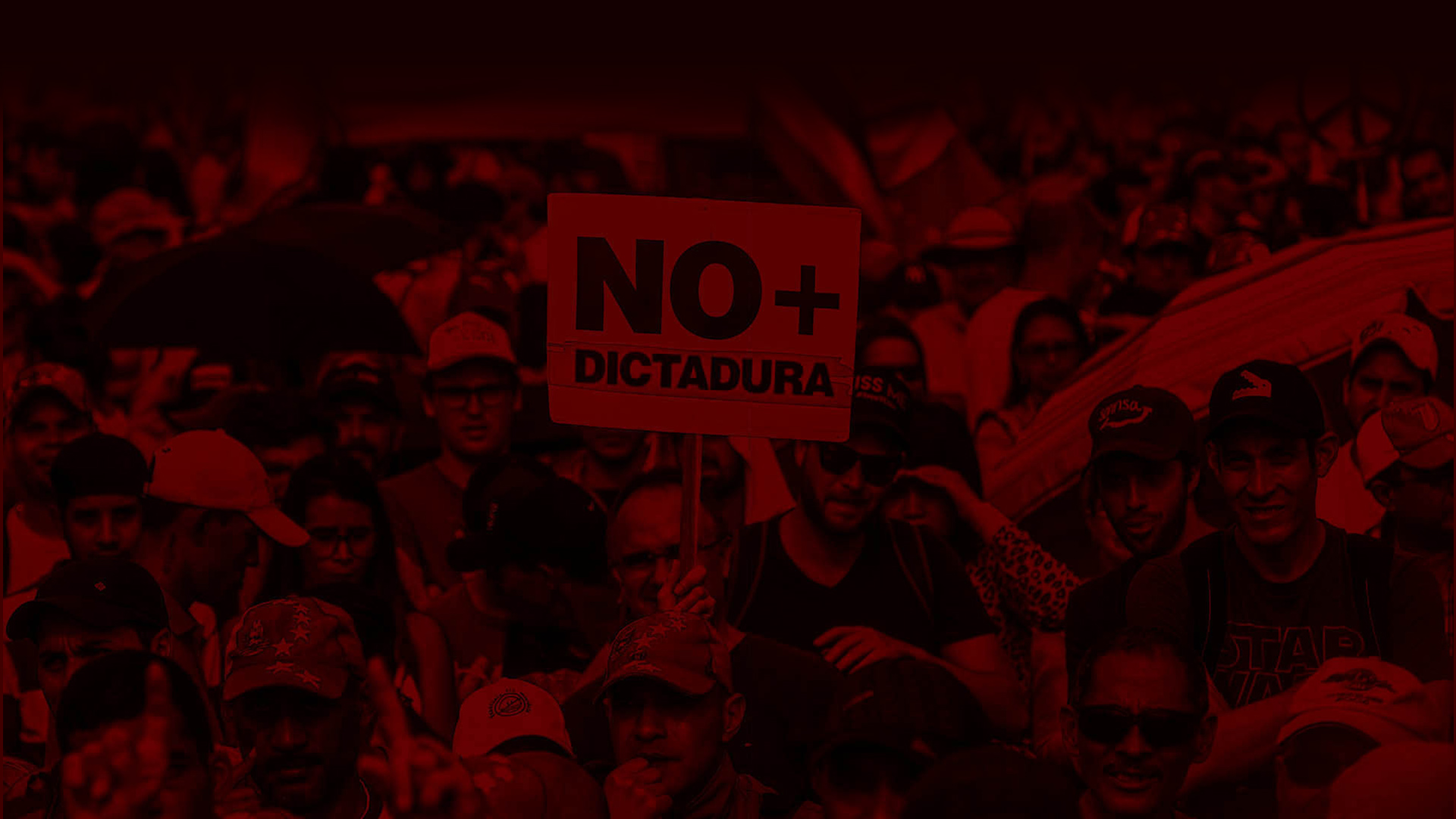






 Leer esta nota en Español
Leer esta nota en Español